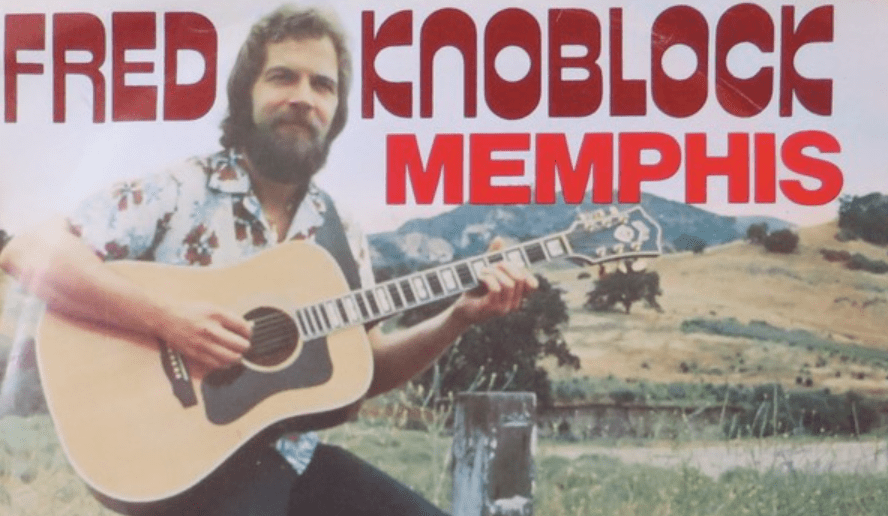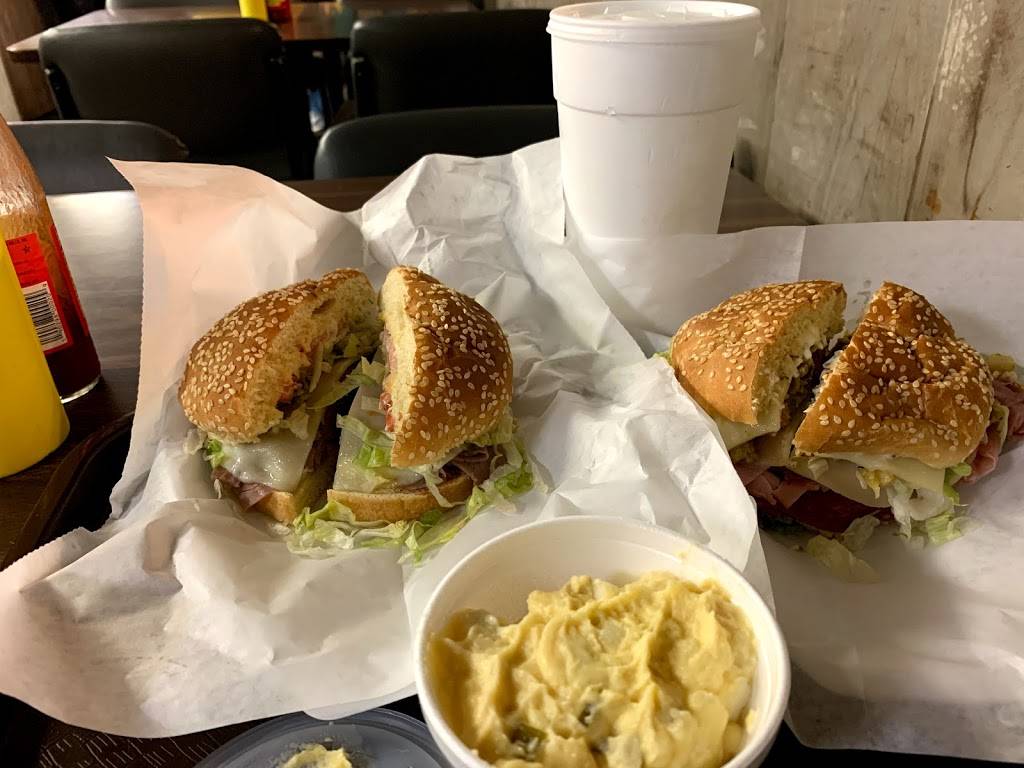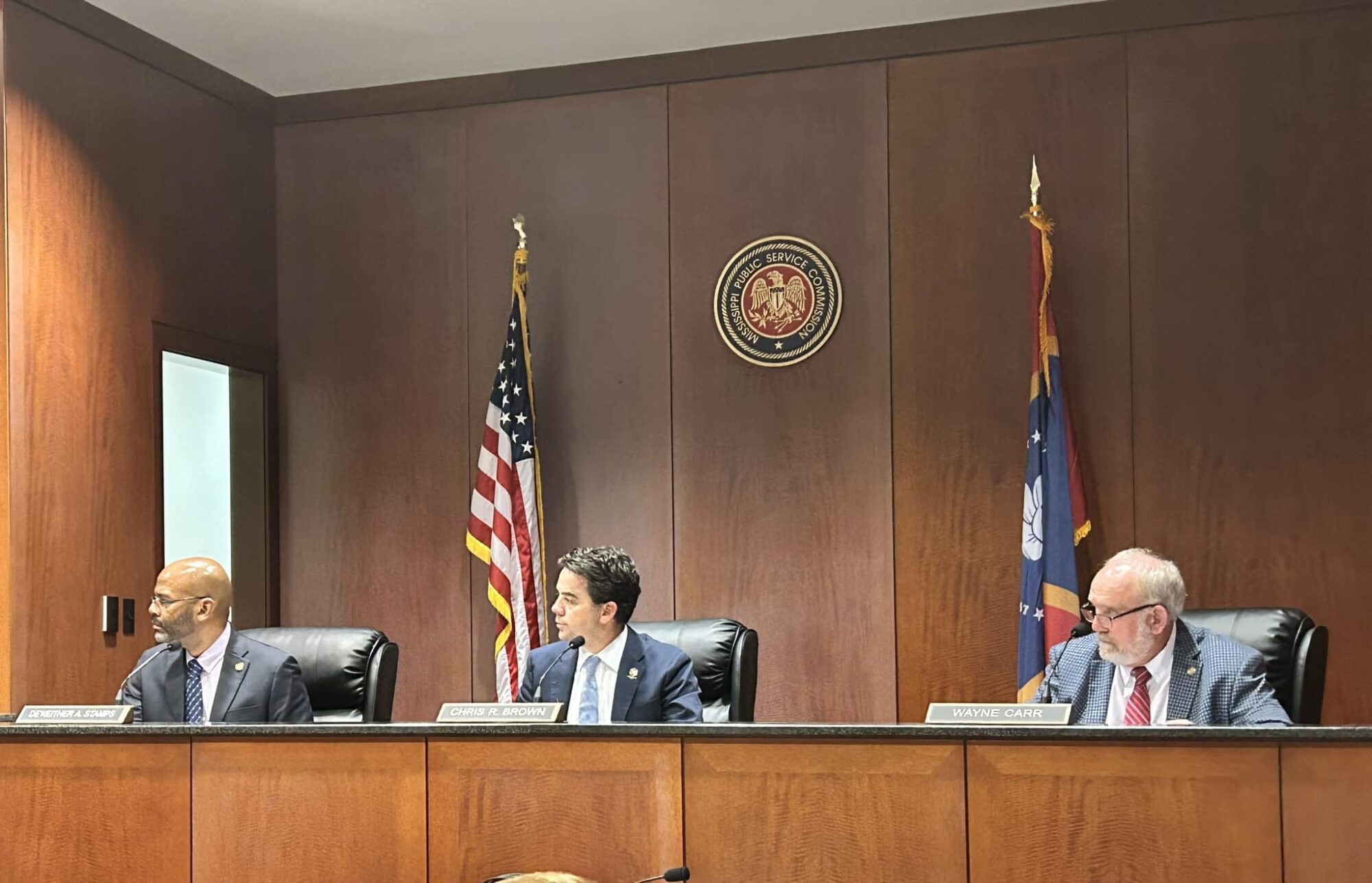
- “Old School Parents Raising Engaged Youth,” is a non-profit organization that unites families to raise more engaged youth by keeping their childhood free from social media.
Remember when…?
Any gathering of cousins, siblings, or old friends will likely have this conversation at one point or another.
Remember the time we didn’t come home before the streetlight came on? Remember when we’d play the kids down the street in a game of two-hand-touch? Remember when we’d have to wait for Mom to get off the internet so we could use the house phone to call each other?
Remember when…?
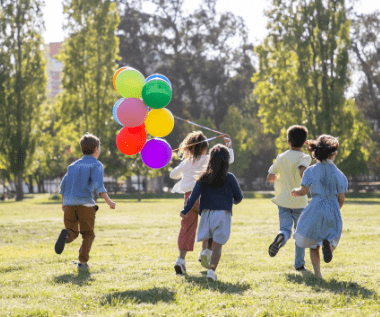
Seriously, it wasn’t that long ago. The kids-now-adults of the ‘80s and ‘90s remember life without the internet at home. Cell phones were a luxury, not a necessity. When you wanted to connect with someone, you just got up and went to find them. Kids didn’t text or tag each other in photos; they got up and got together. They’d get into face-to-face arguments instead of posting things on social media pages, and they’d learn to work through it face-to-face, with or without the help of an adult.
It sounds old school, right?
That’s because it is. The concept of face-to-face interaction being THE option, not AN option, is almost foreign today. And it’s not just with kids – we’d rather have our groceries delivered while we work from home with our webcams shut off. It’s too easy to text that friend instead of calling them. And when was the last time you went to an event, leaving the phone in the car without taking 55 pictures in the hope of just one Instagram-worthy shot?
Somehow, along the way, we’ve lost our way.
And that’s why Osprey exists. Osprey, named for the acronym “Old School Parents Raising Engaged Youth,” is a non-profit organization that unites families to raise more engaged youth by keeping their childhood free from social media until they graduate high school.
Erin and Ben Napier, of HGTV’s Hometown fame, joined forces with Dr. Catherine Sledge, her husband, Taylor Sledge, and Ashley Meena, the wife of C Spire CEO Hu Meena, to create Osprey.
Erin Napier has received press attention several times for being open about the fact that her kids won’t have social media, and she doesn’t feature them publicly.
The problem with kids and social media
Dr. Sledge said this isn’t just about reducing screen time. There’s more to it than that.
“Osprey exists to connect parents and families who want to create an environment where it is much easier and better to raise their children without social media,” said Dr. Sledge. “We want them to have social lives without social media during their developmental years.”
Dr. Sledge said social media isn’t some inherent evil or an enemy. It is a tool for people to use.
“It is a tool that can be used for good by people who have fully developed frontal lobes, which are not children,” said Dr. Sledge.
The frontal lobe in the brain controls executive function, emotional regulation, and decision-making.
“That doesn’t fully develop, on average, until a person is about 23,” said Dr. Sledge. “Which is why teenagers and college students sometimes do dumb stuff. Adults do dumb stuff, too, but teenagers and young adults have hormones and other things that are much more controlling of their minds and bodies earlier in their lives.”

Adolescence, especially around the time of puberty, is a tough time mentally and emotionally for any kid. They are experiencing some emotions and patterns of thinking for the first time, and the brain is still developing.
“Handing them social media is so very detrimental to them,” said Dr. Sledge. “Emotionally, spiritually, developmentally, everything.”
Social media is a relatively new phenomenon in society, but studies about its impact on young minds are already emerging. The Annie E. Casey Foundation states that nearly all teenagers, a whopping 95% of those ages 13-17, are on social media. More than two-thirds of those teen social media users claim to be on it constantly. TikTok and Instagram are the most popular platforms among teenagers.
“They’re spending an average of seven hours daily on their devices,” said Dr. Sledge. “That’s a third of their day!”
This doesn’t mean kids are getting home from school at 3:00pm and staying on it until 10pm.
“It’s pieces of it throughout the day,” said Dr. Sledge. “If you think about it, that’s free periods and recess at school where a kid is on the phone instead of studying or talking to friends.”
Dr. Sledge added that the time spent on the phone could be better spent engaging with others, learning new skills, honing their current skills, learning, and growing.
“They’re engaging with others and having these huge developmental experiences.”
Time wasted is not the only damage done by social media usage. Studies have continued to point out the increases in teen suicide, depression, anxiety, and ADHD, so much so that the United States Surgeon General released an advisory about the risks of youth social media usage in 2023. The report cited the benefits of social media, such as it being an avenue of self-expression and community, but the risks were devastating.
According to the advisory, children ages 12 to15 who spent more than three hours a day on social media were twice as likely to report issues of depression and anxiety. Tenth graders in the study admitted to being on social media at least 3.5 hours a day. Another study cited in the advisory found that children aged 14 who used social media claimed issues with sleep, depression, online harassment, poor body image, and low self-esteem in girls more than boys.
There’s also peer pressure, bullying, cyber crimes against children, and harmful content that a child is not prepared to grasp at such a young age.
Where to go from here
If you’ve already exposed your child to social media, it’s not too late to link up with the Osprey lifestyle.
“First of all, we are not an organization that judges you if your child already has a device,” said Dr. Sledge. “We aim to make it easier for parents and children to live social media-free lives.”
A lot of the judgment parents feel, said Dr. Sledge, is perceived because of judgmental people they have seen on social media.
Ironic, isn’t it? The fear that since you gave your child a device, you’re a terrible parent because of a person you otherwise would have never met had it not been for your device and algorithms bringing them to you via social media?
“There’s a personal accountability element, for sure,” said Dr. Sledge. “But you’re not being judged. It’s just with Osprey, you know more about the risks [of social media usage], so you behave differently.”
An example, Dr. Sledge said, is like that of a smoking pregnant woman.
“In the 50s, no one judged a woman who smoked while pregnant, and her doctor may have even told her it was okay because it helped with stress,” said Dr. Sledge. “But now, there’s more research, and we know more about those dangers, so you don’t do it.”
Dr. Sledge said many parents don’t want their child to be the “odd man out” and not have a smartphone or social media in high school.
“That’s why we have Osprey,” said Dr. Sledge. “Because this group creates an environment where all the kids engage with each other, not their phones.”
So, what do we do? Dr. Sledge first and foremost recommends the book The Anxious Generation by Johnathan Haidt.
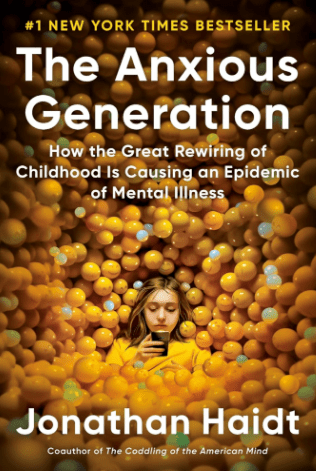
“Dr. Haidt is the foremost researcher in the United States, really the world, on this topic,” said Dr. Sledge. “He’s been putting together the data for a number of years.”
There are four recommendations Dr. Haidt made in his book about raising youth without social media.
“The first is no smartphone before high school,” said Dr. Sledge. “You can get a watch that only allows texting and calls or a standard cell phone with no internet capability.”
The next step is not to allow social media for children under 16.
The third step is to have a phone-free school.
“This is not just saying, ‘if we see that phone, you’re going to get a little slap on the wrist,” said Dr. Sledge. “It’s having a place in the school to lock them all up. So parents can still communicate with their kids before and after school, but it’s not available to them during the school day.”
The fourth recommendation is more playtime for all kids, especially younger ones.
“Get them outside,” said Dr. Sledge. “And let them take risks. We’re not talking about something where they can break their neck, but they may get a bruise or a scrape.”
This type of risky play challenges kids, builds resilience and builds their self-esteem.
“There’s not so much helicopter parenting then,” said Dr. Sledge. “Which drives the anxiety of the parents and the kids.”
Build your nest
Osprey is a growing movement that is building a network of social media-free families worldwide. Building a community of Osprey families around you means increasing your kids’ engagement.
“Through Osprey, you can form a local chapter at your school, or form Osprey friend circles called ‘nests’ among parents who hold each other accountable and lift each other up,” the site reads. “ If no one in your circle of friends has started an Osprey nest already, it begins with you! All it takes is two or more families to make the decision together, and the more families you can bring into your nest, the better.”
Find out more about Osprey at Ospreykids.com.
